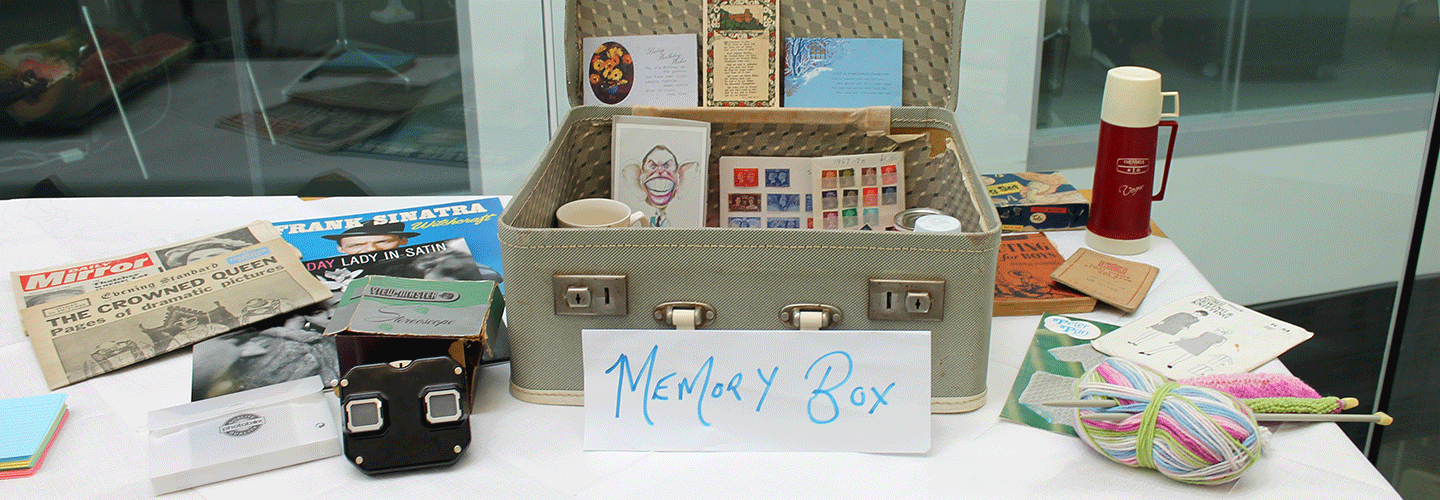Reaching out to the past
Our Oral History Team is helping people tell their stories in their own words, capturing their memories and creating an archive of otherwise untold narratives for future historians to use.
Stories of retirement and emigration, of the early years of Stevenage Football Club and the Hatfield Aerodrome, have been collected by the University’s Oral History Team and recorded in a series of audio and video interviews.
The interviews form a digital archive of memories, preserving the histories of people who might not otherwise appear in the historical record, and creating a unique, publicly available, repository of local stories and experiences.
Our Oral History Team of staff and students work with a wide variety of community groups, institutions and businesses to create and capture historical evidence and memories. Their research projects are carried out in conjunction with the University’s Heritage Hub, which fosters partnerships between staff with heritage expertise across all disciplines, and voluntary groups, public institutions and commercial organisations with interests in heritage.
“When people talk about their lives they’re likely to be far more engaging in their choice of words and images than if they write things down….What you get is a kaleidoscopic collection of experiences, opinions and emotions expressed in the infinitely varied colours of the human voice.”
Oral History has been one of the most rewarding and enriching things I have done at Herts. Meeting many different people, different personalities and learning about different subjects has opened my eyes and mind to aspects of life I had previously given little thought to. And if there is one thing I have learnt it is that yes, really everybody has a story.
Laura de Haan,
Student interviewer, Oral History Team
In Starting Again, our team invited people from all walks of life and from all parts of the UK to reflect on their retirement, looking back over their careers and forward to the years ahead. All the interviews took place across a single weekend as part of the ‘instant history’ concept developed by the Oral History Team to bring energy and create a sense of community among both interviewers and interviewees.
Many of the recordings were featured in an oral documentary created by the Team for BBC Radio 4, which was highly commended at the 2018 Royal Historical Society Public History Awards.
Family stories
In Full-Circle, our Oral History Team partnered with the University of Western Australia to explore stories and memories of emigration. Students from both universities recorded their interviews with British ex-pats of all ages and backgrounds, living in and around the state capital of Perth, over the course of a week.
The Australian interviews captured the families’ lived experiences, from the decision to head for Australia and the journey out, to the settling-in process and continuing relationship with family back in the UK.
The four-year project also included earlier interviews conducted in the UK by our Oral History Team. These tell the stories of the family members who stayed behind, reaching back decades to explore how lives were changed and how the families have stayed close across thousands of miles.
The completed archive encompasses some 160 interviews from the UK and Perth, now being shared with the internationally renowned Battye Library in Perth and which are already being mined for research and podcasts in Australia.
Professionally trained in interview techniques, the Oral History Team’s projects have included interviewing 70 people in one day to create a bank of oral history recordings about Stevenage Football Club and make a short film about the day. ‘Boro Memories Day’ features interviews with fans, players and others ranging from the former Club chairman to the ‘Boro Bear’ mascot, preserving their experiences, memories and feelings as historical record.
“As historians, we always hope to find different accounts of the same event. The UK material [for the Full-Circle project] adds a significant dimension to the interviews previously conducted in Perth. They add to our understanding of the wider impact of immigration upon extended families. Together, the Perth and UK interviews provide a valuable resource for future researchers on immigration projects.”
